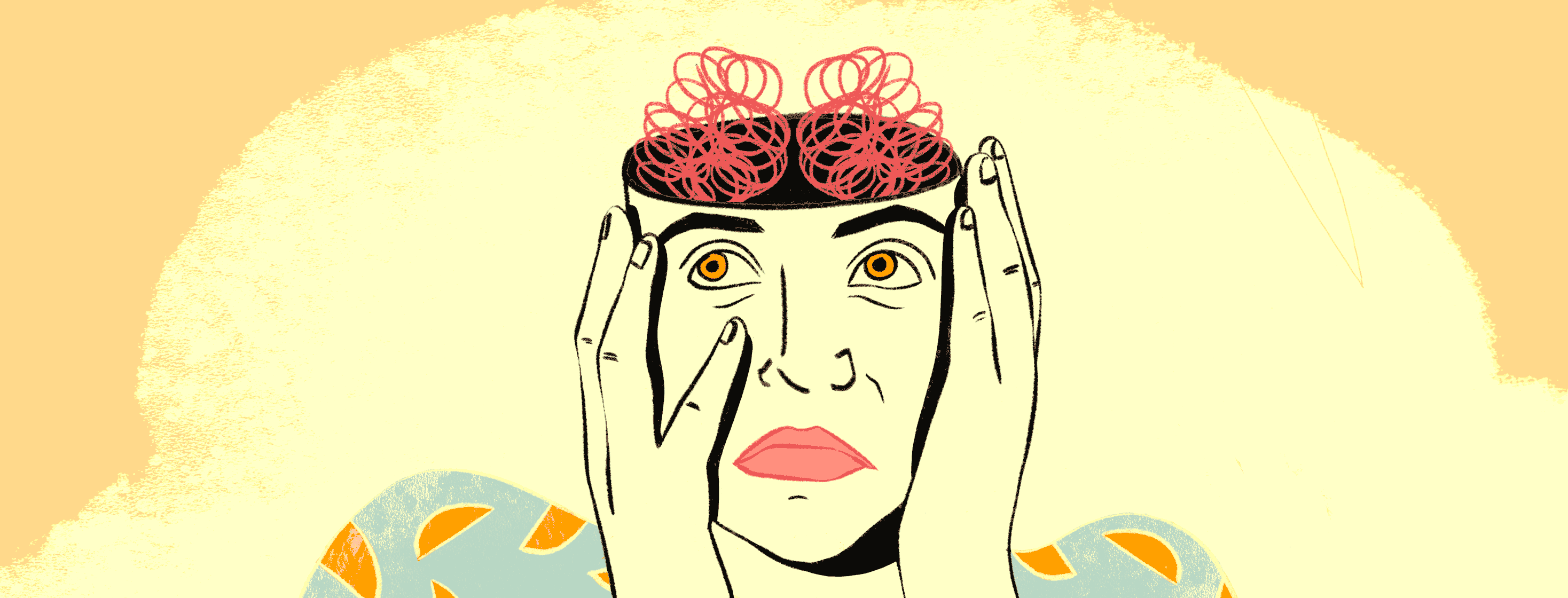How Long Does Postpartum Depression Last?
As a new mom, I was hit with a wave of emotions I never thought possible. The joy and excitement of bringing a new life into the world was overwhelming.
But at the same time, I was constantly worried about every little thing, from feeding to sleeping patterns. As weeks went by, I found myself sliding into a dark hole of sadness, anxiety, and exhaustion. It was then that I realized I had postpartum depression (PPD).
How long will this feeling last?
The question that immediately popped into my head was, "How long will this last?" I scoured the internet looking for answers.
Unfortunately, there is no clear-cut answer for how long postpartum lasts. Many women find relief within a few months, while others struggle for years. No 2 people have the same experience, and many factors can significantly impact how things turn out for each individual.1
What is postpartum depression?
Postpartum depression, also known as PPD, is a severe mental health condition that can hit new moms after giving birth. It messes with your mood, thoughts, and how you behave. It's no joke! The condition can make it challenging for new moms to bond with their babies and manage their daily activities.
Postpartum symptoms I experienced for months
When I was experiencing symptoms of postpartum depression, I found myself behaving in ways that were completely out of character for me. I was easily irritated by the smallest things, and my patience was wearing thin. It was like a ticking time bomb – one little thing could set me off.
Sadness and crying spells were a regular occurrence, and they always seemed to happen when I was alone. I would wait for my husband to leave for work, and as soon as the door closed behind him, I would burst into tears. I was able to hide a lot of these feelings from him because I didn't want him to worry, but I was terrified of being alone with our baby.
The lack of sleep and anxiety didn't help
I was constantly questioning whether or not I was doing anything right and how much I needed to protect our baby. The lack of sleep due to the drastic change in my sleep schedule only added to my anxiety and feelings of being overwhelmed. Being a first-time mom was both wonderful and scary. I loved our little son more than anything, but was terrified of messing up.
Despite all this, I had no trouble bonding with our son. In fact, it was the one thing that brought me peace. But my anxiety and panic attacks were stronger than ever, and they were debilitating. I had dealt with anxiety my whole life, but now it was on a whole other level.
Reach out for support sooner
I know that some women experience thoughts of harming themselves or their babies, but thankfully, I never did. But everything else was more than enough to push me over the edge.
Looking back, I wish I had talked to someone about how I was feeling sooner than I did. There's no shame in seeking help, and I now know that taking care of yourself is just as important as taking care of your baby. I always knew that my family had a history of depression, but we had never sought help before. I knew this made me more prone to PPD, but I remained in denial. But let me tell you, admitting that I needed support made all the difference.
Waiting months before getting help
Did I seek help right away? Nope, not at all. I suffered in silence for months, lying to my husband when he asked if I was okay.
It wasn't until I reached my breaking point that I sought professional help. But boy, it was a game-changer. I learned that seeking treatment promptly can do wonders for those experiencing PPD. So, if you're struggling, please don't do what I did and wait.
Luckily, I found emotional support in unexpected places. Our doula was a godsend. My mother and sister-in-law were always there with open arms. And I even found solace in online groups filled with women who were just like me.
How long do postpartum depression symptoms last?
The duration of postpartum depression can differ for each woman. The condition can last for a few weeks or linger for a more extended period. PPD can especially linger for those who come from a family who have a history of depression, like mine.1
But it's possible to overcome it with the right treatment, support, and a little bit of faith. I wish I hadn't waited months before reaching out for help, which allowed me to find the proper treatment to get back to feeling more myself.
The bottom line
Although there's no clear-cut answer for how long postpartum depression lasts, getting help from a healthcare provider and making positive lifestyle changes can assist you in managing the symptoms and reducing the length of the condition. It's crucial to remember that PPD is treatable and that it's normal to seek help if you're struggling.
So, moms, don't hesitate to contact your healthcare provider, family, or friends if you feel overwhelmed, anxious, and lonely. Remember, you're not alone. You will get through it with the right support system and treatment.
